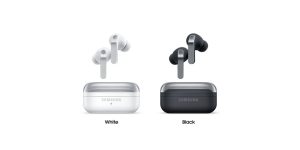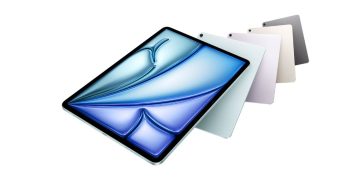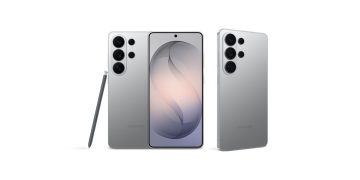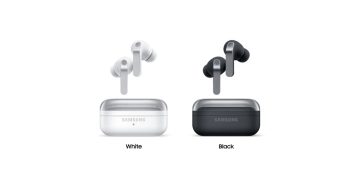Microsoft has recently made significant changes to its upgrade policy, affecting Windows 7 and Windows 8 users who were previously able to transition to Windows 11 at no extra cost. Here’s what you need to know about these updates.
The End of a Free Ride
For Windows 7 and Windows 8 users, the possibility of upgrading to Windows 11 without spending a dime has officially come to a close. This marks the conclusion of a long-standing practice that had allowed users of older Windows versions to seamlessly transition to the latest OS iteration without any additional expenses.
Closing the Loophole
The decision to prevent Windows 7 and Windows 8 keys from activating Windows 11 was initially announced by Microsoft last month. At that time, it remained uncertain when this change would be implemented, as users could still utilize these keys for Windows 11 activation. However, as of this week, it’s official: Windows 7 keys can no longer be used to perform clean installations of Windows 11.
No Valid License or Product Key
In practical terms, if you attempt to activate Windows 11 using a Windows 7 key, you’ll encounter an error message stating, “We can’t activate Windows on this device because you don’t have a valid digital license or product key.” This message serves as the termination of the free upgrade route for users who have been holding onto their Windows 7 or 8 keys.
Status Quo for Upgraders
For those who have already made the transition from Windows 7 or Windows 8 to Windows 11 or have utilized these older keys for activation, there’s good news: their digital licenses should remain unaffected, maintaining their validity and functionality. However, for anyone who had considered capitalizing on this upgrade loophole in the future, Microsoft’s decision now underscores the necessity of purchasing a legitimate Windows 11 key.
A Shift in Licensing Strategy
This move by Microsoft indicates a shift in its licensing strategy, emphasizing the importance of genuine product keys to access its latest operating system, Windows 11. While free upgrades have been a hallmark of previous Windows releases, it’s now clear that Microsoft is adopting a stricter approach to activation and licensing.
Upgrading from Windows 10
If you’re planning to upgrade from Windows 10 to Windows 11, Microsoft recommends that you wait until you receive a notification through Windows Update indicating that the upgrade is ready for your PC. Before installing, it’s a good practice to utilize the PC Health Check app to confirm that your computer meets the minimum system requirements for Windows 11. Additionally, check the Windows release information status for any known issues that might affect your device during the upgrade process.
In summary, Windows 7 and Windows 8 users should be aware that the free upgrade path to Windows 11 is no longer available, and acquiring a legitimate Windows 11 key is now essential for upgrading. Microsoft’s evolving approach to licensing highlights the significance of genuine product keys for accessing its latest OS. If you’re upgrading from Windows 10, patience and preparation are key to ensuring a smooth transition.
Microsoft has officially closed the free upgrade path from Windows 7 and Windows 8 to Windows 11.
Users with Windows 7 and 8 keys can no longer activate Windows 11 installations for free.
Attempts to activate Windows 11 with a Windows 7 key result in an error message indicating the need for a valid digital license or product key.
Users who have already upgraded their PCs from Windows 7 or 8 to Windows 11 or utilized these older keys for activation will not be affected.
Microsoft’s decision signals a shift in its licensing strategy, emphasizing the importance of purchasing legitimate Windows 11 keys for activation.
The company aims to encourage users to migrate to newer Windows versions through proper channels.
While previous Windows releases featured free upgrades, Microsoft is now taking a stricter stance on activation and licensing.
Users upgrading from Windows 10 are recommended to wait for a notification through Windows Update before upgrading to Windows 11.
They should also use the PC Health Check app to confirm that their computer meets the minimum system requirements for Windows 11.
Checking the Windows release information status is advised to be aware of known issues that may affect their device.












































































































































































